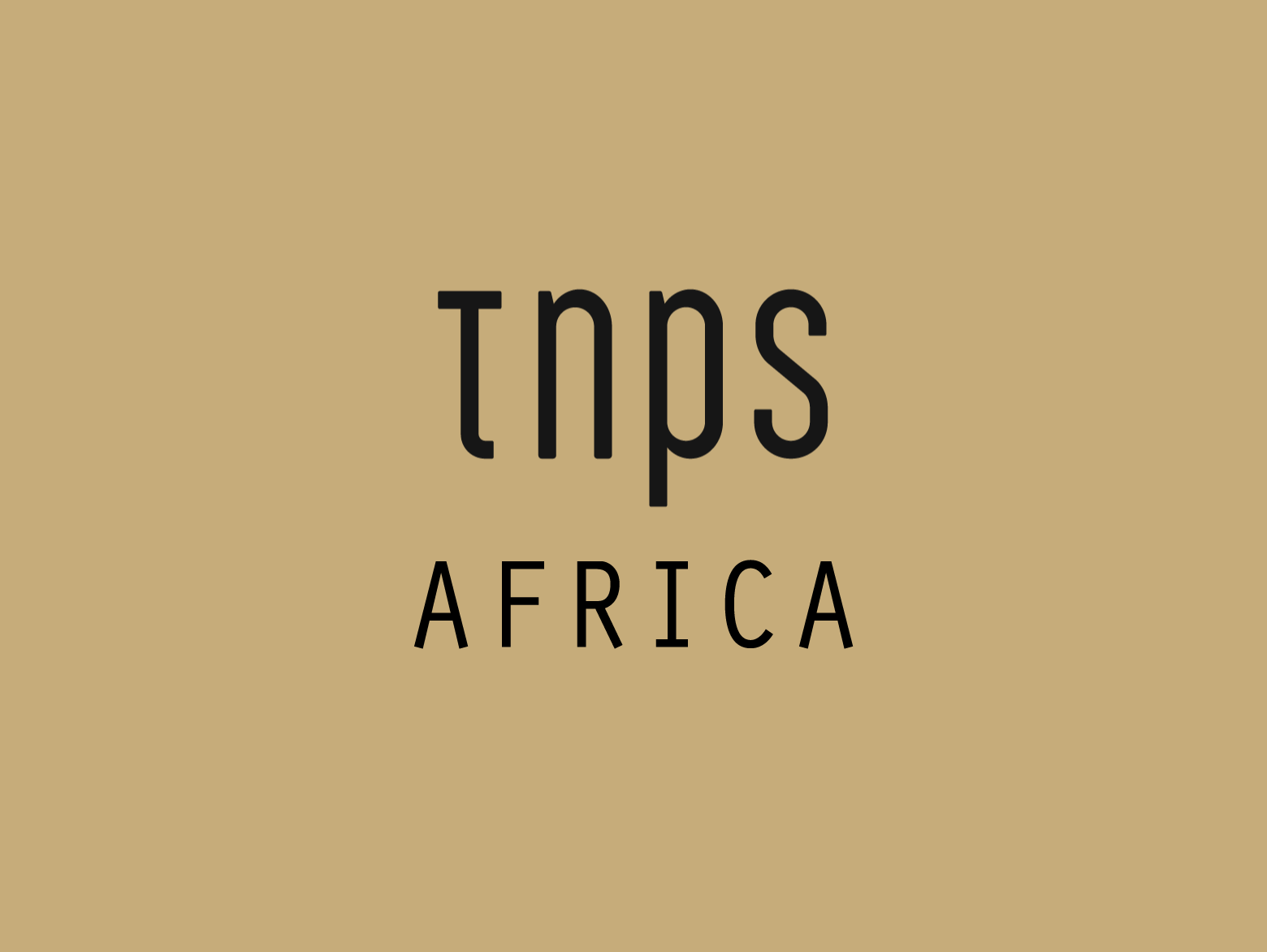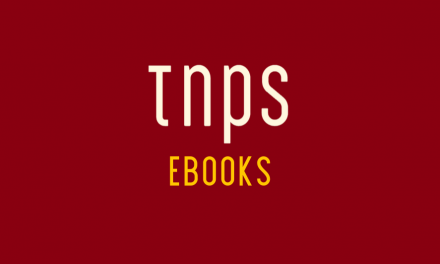The Hot Sheet is a publishing industry news-sheet for authors, produced every two weeks by Porter Anderson and Jane Friedman, and reviewed here every other Sunday as one of the best bi-weekly industry overviews available to authors.
We’re not interested in delivering breaking news, but perspective on stories that are likely to retain meaning for your long-term decision making. We provide distance and nuance on complex issues that affect all authors, whether traditionally published or self-published.

The second Hot Sheet of February kicks off with what is unquestionably the biggest story so far this year, and may be the biggest of the year. The decision of Barnes & Noble to try alleviate its financial problems by, it seems, getting rid of many of the people best placed to help turn it around.
As Anderson and Friedman observe,
Hardly a month can go by these days without a depressing development concerning the future of Barnes & Noble.
The latest being the “new labor model” that looks to save $40 million per year by sacking staff. Not excess, deadwood staff, but pretty much staff across the board, as if staff numbers alone were the problem dragging Barnes & Noble into oblivion.
Again, letting Anderson and Friedman take up the story,
The store claimed to be pivoting back’ to books in November 2017—emphasizing discoverability and bookselling interactions with customers. But the layoffs appear to target long-standing and full-time staff who would likely be essential to that goal.
The Hot Sheet links to several sites that discuss the problems, with some further depressing stories about how perhaps this was not Barnes & Noble’s finest hour.
My bottom line is that, fan of B&N though I am, we need to start thinking the unthinkable and plan for a time when there is no Barnes & Noble.
That is, no Barnes & Noble bookstores, not just no Nook.
Nook can and should be sold off while it is still worth something. But little sign Barnes & Noble is willing to let go.
Selling Nook wouldn’t cover the losses, of course, but it would at least stop further losses on the Nook account, and that alone should be reason to formally put up the For Sale sign.
It’s not that Nook isn’t viable per se, so much as that Nook and Barnes & Noble together are not viable.
There are possibly players at home, and certainly players abroad, that would welcome the opportunity to get a Nook-sized foot in the door of the US ebook market.
Tencent, as I’ve speculated before, is a likely candidate. Another is Kobo’s and OverDrive’s Japanese parent Rakuten. I’m sure there are smaller players also monitoring the situation and making calculations.
As for the bricks & mortar stores themselves… Just how long can B&N carry on now?
I’d like to say we are in uncharted territory, but sadly this is territory well charted by rival store Borders, not so very long ago.
The difference this time being that, when Borders fell, it rocked the industry but did not deal it a lasting blow. By contrast, if Barnes & Nobles goes, the US print book industry effectively goes with it, handing de facto control of the US book market to Amazon.
Yet one elegant solution that seems not to be being discussed anywhere, but that perhaps is under serious consideration behind closed doors, is a publisher buy-out.
Were the Big 5 to get together and jointly buy the company, handing day to day control to a trusted agency to avoid conflicts of interest when selling different publishers titles, this could effectively save the industry.
Not just by keeping Barnes & Noble stores open (no doubt under a new brand) but by removing the percentage now paid to B&N to sell books. That would instantly make in-store print titles more profitable, at least for those publishers who shared in the buy-out.
It would also give publishers a direct to consumer relationship on a hitherto unimagined scale, that would help them counteract the hegemony of Amazon in the market place.
A crazy idea? Perhaps. But desperate times require desperate measures, and sometimes it is when one’s back is to the wall that one’s finest hour emerges.
Next the Hot Sheet moves on to India, a favourite topic of mine, as regulars will know.
Anderson and Friedman kick off,
As English-language authors look to expand their range—and inevitably find that good translation is expensive—working in other English-language markets is an important tactic.
For most authors and publishers, the English-speaking market tends to be the US and UK with Canada, Australia and New Zealand thrown in for good measure.
Regulars here at TNPS will know the potential English-language market is much, much bigger. The Hot Sheet focuses this week on India, but I’ll quickly add Pakistan, Nigeria, South Africa, Rwanda, Kenya, Ghana, Malaysia and Singapore as key prospects alongside India, with a raft of other English-speaking nations bringing up the rear.
I’ve covered India so many times here at TNPS I’ll just skip quickly to Anderson’s and Friedman’s take on the Publishers Association Congress in New Delhi last week. Andre Breedt, the London-based managing director of Nielsen’s research unit, offered a few high points in his talk.
By 2030, India’s population is expected to stand at 1.46 billion, while China’s will be at 1.39 billion. It’s a young country, with the projected median age in 2030 being 32.
India is the second largest English-language print book publisher in the world.
The country has 9,037 publishers, publishing is done in about 16 languages, and there are close to 22,000 physical retailers.
In trade publishing, adult fiction accounts for about 7.2 billion rupees ($111 million), with adult nonfiction at about 10.8 billion rupees ($166 million).
Those figures alone are worth pausing to consider, bearing in mind the many reports here at TNPS about how so many books, in countries like India, are sold not through mainstream channels but through book fairs and festivals. Not handfuls, but in the millions.
I’m still tracking the book fair and festival numbers globally, but can confidently say the Nielsen numbers are on the conservative side.
Returning to the Hot Sheet take on India, and where we are in complete agreement is that,
The big issue, a point of much discussion in Delhi last week, is pricing. The market in India doesn’t support book prices comparable to those in the US or EU, and the average book price has slightly declined in recent years to around $4.75 (about 308 rupees) for a print title. Nevertheless, reading is big in India in comparison to other entertainment, with print coming in at three times the size of the film industry in terms of income (despite Bollywood) and six times bigger than the country’s music industry.
Nothing new there for TNPS regulars, so let me widen that take to embrace the other nascent markets and to say that, as established authors and publishers earning out our titles in the domestic markets, we really should see these nascent markets as, for all practical purposes, “free” money and be more relaxed about pulling in much lower unit prices than we do at home.
I hear some authors say they’d rather not sell at all than sell at some crazy low price. Well, their choice.
Personally I always view x-percent of something as better than 100 percent of nothing, and would argue that when these books have, as above, already earned out in the mature markets, there is a certain illogicality about denying oneself a revenue opportunity elsewhere based on some warped view that people in the poorest countries on the planet should have to pay the same price as those in the richest.
Inevitably the Hachette CEO’s “stupid ebooks” comment came up in the Hot Sheet. I’ve covered that already here at TNPS (one of the first Anglophone journals outside India to carry the story), so here will just reiterate my position that Arnaud Nourry was using the term “stupid” to describe ebooks in the same way that many of us use “dumb” to describe a regular landline telephone compared to a smartphone.
Nourry was not at any time raging against ebooks, but rather saying that publishers had not explored the technology’s possibilities enough.
Anderson and Friedman concur.
Nourry, one of the most astute corporate chiefs in publishing, was actually focused on how difficult it has been for publishing to find salable enhancements for the digital edition of a book.
But where I disagree just a little with the Hot Sheet’s position is on those efforts. Anderson and Friedman say,
The many expensive attempts at apps, the kids’ books with AR dinosaurs jumping off the page, the ‘enhanced ebooks’ that play sounds and videos—these have generally left readers pretty cold.
We think that Monsieur Nourry is overlooking the possibility that readers have rejected most ebook enhancements because all they really want is to read electronically. And while we wish publishers well with explorations of new forms, as long as an ebook can be as immersive and accessible as a print book—especially in long-form fiction—the “stupid” ebook is probably all the market wants for now.
Well, they certainly haven’t had readers clamoring en masse for these enhancements such that the old world reading format is under threat, and nor will they.
But in the same way as the iPad and consequent developments in tablets have not displaced ereaders or the laptop or television, nor will enhanced digital books displace traditional texts.
And that’s the point. Nourry’s efforts to improve on the basic ebook are not intended to replace the current model but to enlarge the market with new variations on the theme. They will no more replace regular ebooks than ebooks will replace print. Rather the market can enlarge to encompass both, once they become affordable and better suited to the hardware.
Some commentators (not Anderson and Friedman) love to shout down Big Pub for being dinosaurs and not innovating, and then when it tries to innovate they are there explaining how Big Pub is wasting its time and innovation is a bad thing and nobody wants new stuff.
Just like nobody wanted smartphones when they first came along, and tablets and phablets were said to be utterly pointless and would never catch on.
Which come to think of it was what was also said about twitter and Facebook.
And anyone remember that ludicrous idea that guy in America came up with about selling books online? How we laughed.
Other topics in the Hot Sheet this time around include Serial Box, Scribd’s fall and rise, record profits from Simon & Schuster and much more.
One small item ran,
Canada’s bookselling chain, Indigo, had a record high quarter. In addition, books now account for 49.1 percent of its sales—the first time books have comprised less than half of the company’s sales.
At which point I urge a note of caution before we conclude this is bad news.
What’s important here is that – and this applies equally to Barnes & Noble, where the nay sayers love to shout down B&Ns rising sales of non-book products – just because books now comprise less than half the company’s sales does not on its own mean book sales are falling.
In fact Indigo reported book sales up on last year, but did not say by how much. Which may sound contradictory, so allow me to indulge in some very basic arithmetic by way of example.
If Store A sells 1,500 books and 500 toys and games then books comprise 75% of the market and toys and and games are 25% of the market. Yay, books!
A year later Store A sells 2,000 books and 3,000 toys and games. Suddenly books have precipitously fallen to just 40% of the market, despite selling twice as many books.
All that just as a reminder that market share is meaningless unless we know the market components. Falling market share does not necessarily mean declining sales, and again, with regard to Indigo, the original report in Publishers Lunch said,
Sales of books increased over last year’s comparable period, but the company did not say by how much.
Much more in the Hot Sheet that I’m going to have to skip entirely, but I propose to end here by returning to those profits from Simon & Schuster, in order to focus on the Hot Sheet’s report on Simon & Schuster CEO Carolyn Reidy, who told Publishers Lunch,
that backlist remained strong and ebooks declined (which is consistent with general industry reports). She added that Simon & Schuster, like other major houses, has seen some of its important authors experience sales declines. She said, ’’We’re talking about these real powerhouses that have fueled the industry for a lot of years.” The decline is a pattern across the industry. “It’s still a challenge to help an established, bestselling author maintain and grow his or her audience—that’s a big challenge in today’s world.”
Many years ago I talked about market fragmentation and how new distribution and reach and a new raft of content suppliers would slowly erode the readership base of the big-time authors and their publishers.
As Kris Rusch has noted in her Business Rusch (I’ll try add a link when I find the quote), many of the biggest authors fuelling Big Pub sales are past their prime. Authors don’t get any younger, but quite likely many do see their storytelling skills ebb as the years go by.
That is perhaps the biggest challenge mainstream publishers face – finding fresh blood to replace those megastars.
And that brings us full circle to the opening debate about Barnes & Noble.
So long as bricks & mortar print book stores remain a serious player in book distribution, so the next generation of authors will have reason to sign up with big publishers.
And so I end on my crazy but just maybe elegant argument that the best solution for the woes of Barnes & Noble would be for Big Pub to take it over, lock, stock and barrel, and run the show on their own terms.
NB: The New Publishing Standard does not carry affiliate links and we receive no compensation from any mention of any service, paid or otherwise.





